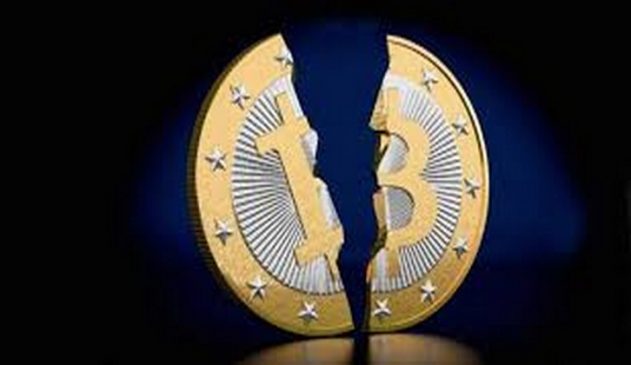Economic professors have been divided on whether Bitcoin is a bubble, is a worthy competitor to fiat, or should it be regulated. However, most of them have been predicting a bitcoin crash even if it will come after 100 years.
On this post, we shall sample words from both camps of economic professors concerning a possible Bitcoin crash.
Steve Keen, professor of economics at Kingston University, London
Instead of predicting a Bitcoin crash, Keen focused on the regulatory framework that is likely to surround Bitcoin for it to make it through the mainstream financial realms.
The professor observed this in late 2017 when the price of Bitcoin reached its highest peak in its 10-year history. Steve also noted that the value of Bitcoin will favor those who will hold on to their coins a bit longer.
The professor noted that a Bitcoin crash did not happen late last year because the bull run experienced at that time was driven by the enormous pressure “on the buy side of Bitcoin and there were almost no sellers. Because, of course, selling involves forgoing a probable capital gain, so nobody wants to sell right now, everybody really wants to buy in.”
Concerning regulations, Keen advises those holding Bitcoin to snap out of the idea that they ‘can be a separate financial eco-system’ because they have to function within a connected system whether they like it or not. Rather than a Bitcoin crash, the economic professor acknowledges that Bitcoin is not ‘immune to having short squeezes, bears move in and drive the price down. All these sorts of effects are there, they are not avoidable.’
Bitcoin crash: Nouriel Roubini, professor of economics, New York University

For those who have been following Roubini’s views over Bitcoin, they know that the professor does not see anything good coming out of Bitcoin and that a Bitcoin crash is unavoidable.
Nouriel predicted the global financial slump that took place in 2008. When Bitcoin price dropped by 30 percent in early this year, the professor labeled it as ‘the mother of all bubbles which is used by charlatans and swindlers.’
Roubini said the fall was the genesis of a Bitcoin crash that will see the Bitcoin price drown down to zero. Notably, throughout 2018, the price of Bitcoin has been on a nose dive and is currently trading at below $3,500.
“Policymakers and regulators are getting worried. Pretty much every G20 policymaker is talking about a crackdown. We can’t allow it to become the next Swiss bank account for use by criminals and people evading tax,” said Nouriel .
Bitcoin crash: Robert Shiller, a professor at Yale University and a Nobel-prize winner

Shiller is convinced that a Bitcoin crash is imminent. He observed that Bitcoin:
“Has no value at all unless there is some common consensus that it has value. Other things like gold would at least have some value if people didn’t see it as an investment”
He added:
“Bitcoin might totally collapse and be forgotten and I think that’s a good likely outcome but it could linger on for a good long time, it could be here in 100years.”
However,away from Shiller, Roubini, and Keen’s views regarding a Bitcoin crash, what could be the reason behind the recent Bitcoin crash?
Well,
there has been mixed explanations. The recent being:
Tax on large capital gains

The current Bitcoin crash has been attributed to a massive sell-off by investors to settle tax on capital gains made last year. They are doing so before the April 2019date for filing tax returns in the United States.
“Those who have never paid taxes before are shocked. Many people gained a lot from cryptocurrency last year but currently, do not have enough cryptocurrency to pay taxes for their last year’s gains,” said ARK Invest’s CEO.
Final words
Although the Bitcoin crash predictions by the professors seem trustworthy, it’s good to note that the virtual currency prices can sometimes be very very low but still spring back up. How long the prices take before they start appreciating can only be speculated with varying levels of accuracy.




